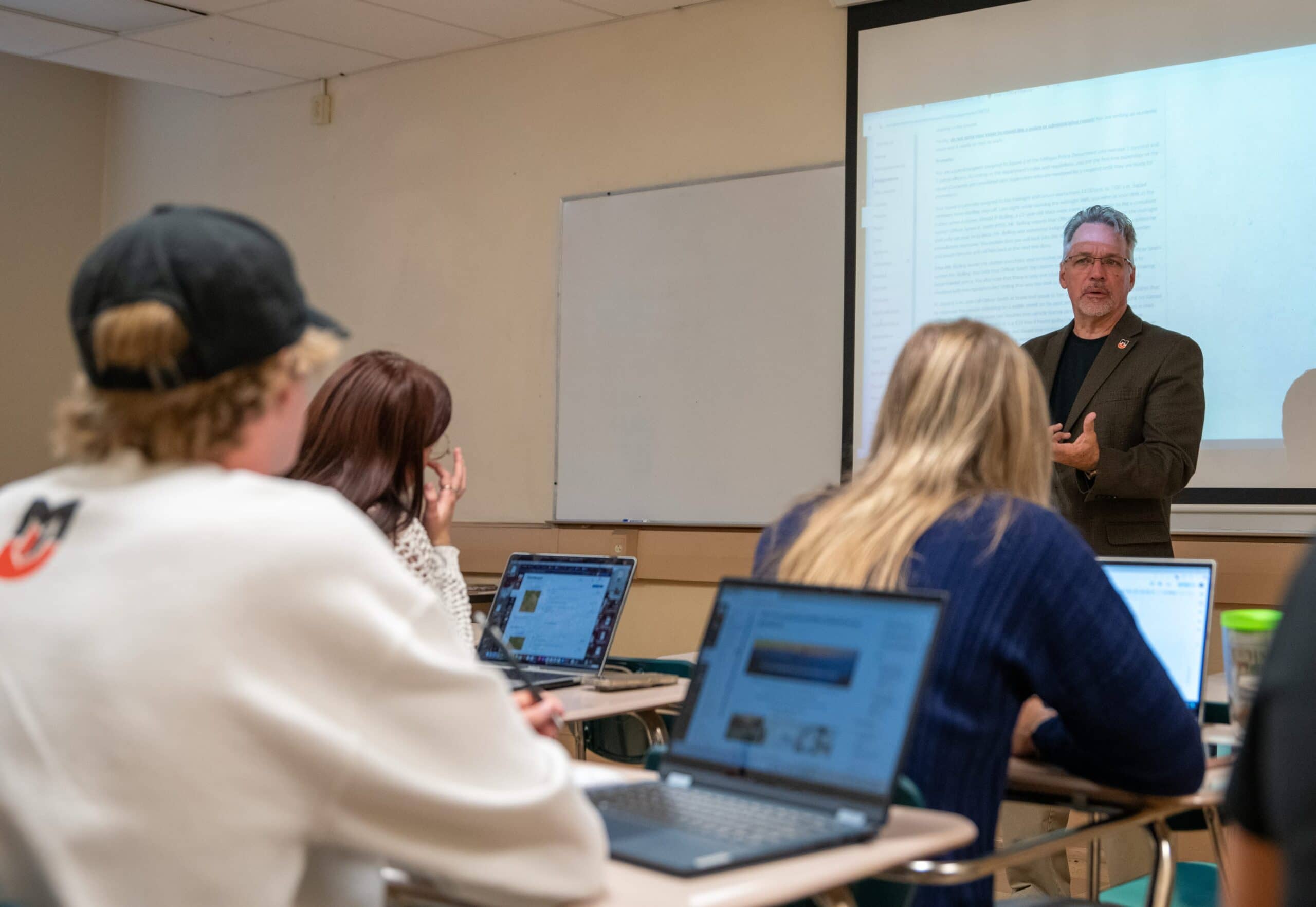School of Arts & Humanities
School of Arts & Humanities
Milligan students receive a foundation for a lifetime of finding meaning in the past, making informed judgments on the present, and preparing for a meaningful future. The arts and humanities develop students’ God-given personalities and talents by increasing their appreciation for and knowledge of human creativity and activity.
School of Bible & Ministry
School of Bible & Ministry
Ministers must know the scriptures and how to interpret them, but they also must understand the world and the people to whom they are called to minister. Milligan’s liberal arts education provides a unique broad-based preparation for ministry of all kinds. This is combined with concentrated study in a thorough Bible curriculum taught by distinguished faculty.
William B. Greene, Jr. School of Business & Technology
William B. Greene, Jr. School of Business & Technology
Our business and technology students want to make a difference. Whether they assume leadership roles or work behind the scenes, our approach ensures that our graduates are prepared with technical skills required for solving complex problems, as well as the ability to think critically about their role in being a positive influence in the workplace. We do all this from a foundation of sound ethical, moral, and Christian principles.
Sciences and Allied Health
Sciences and Allied Health
Superior training is what students interested in health, medical, science, math, or technical fields find at Milligan. Through classroom and lab experiences, various research and internship opportunities, and online tools, students explore new technology and become critical thinkers who successfully comprehend and communicate scientific and health knowledge.
Social Sciences & Education
Social Sciences & Education
The social sciences are united by a focus on understanding the workings of human society. This could mean becoming an expert in one particular sphere, such as psychology or political science, or taking a more holistic approach to understanding the causes of social change or the relationships between individual and state.




